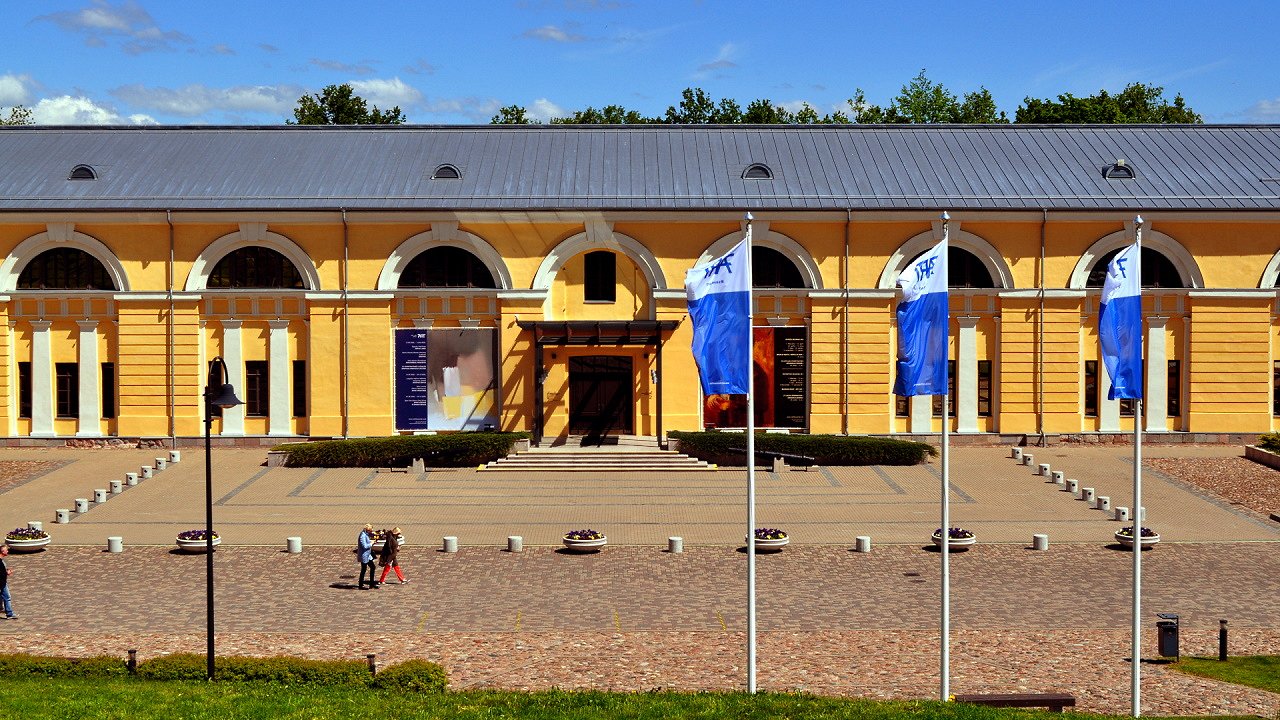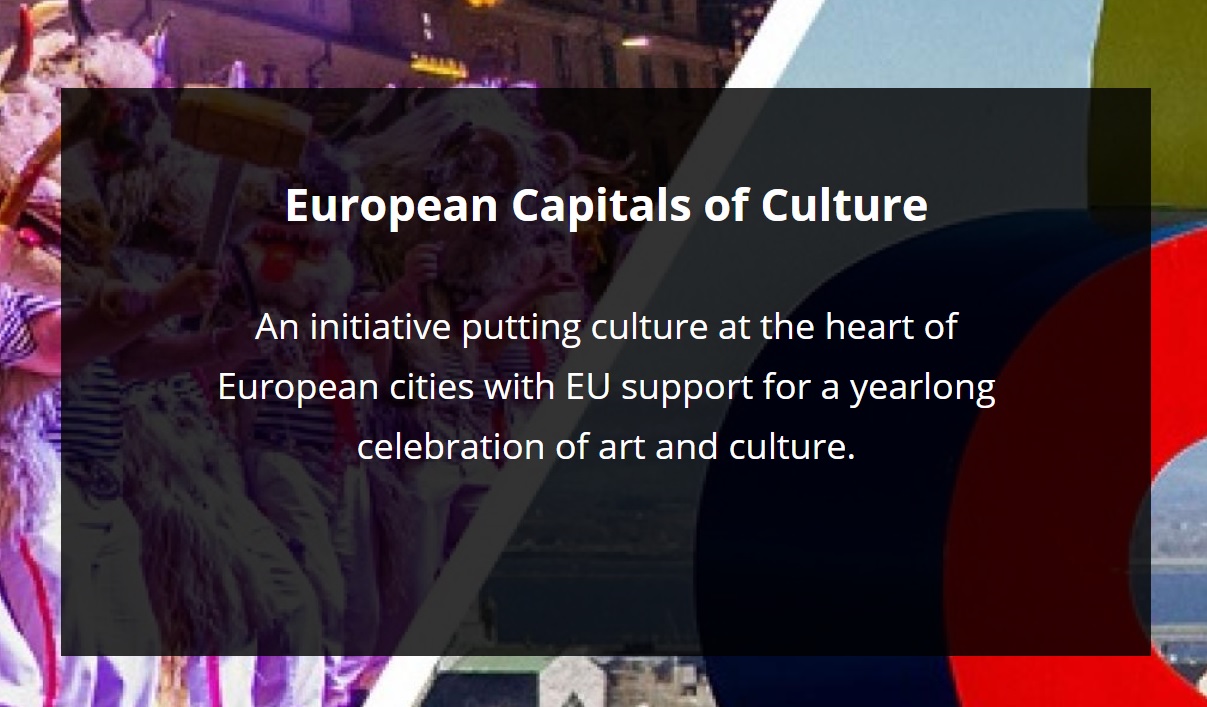Now, the culmination of this constructive dreaming is approaching. We've already profiled each contender individually (you can read them all here). June 4 is the deadline for the candidates to submit their “bid books,” and the following month they will each present of their cases online to the jury, consisting of ten international and two Latvian experts. After lengthy discussion, this autumn the jury will announce which cities are deemed worthy of going through to a second round of deliberation. There is no limit on how many make the cut, as long as they meet the quality criteria.
Ieva Hmieļevska is a consultant on cultural matters who helped draft Liepāja's application for the 2014 ECC nomination. And as a member of the thinktank Culturelab, she has organized a series of seminars aimed at helping Latvian cities to prepare their bids.
According to Ieva, the exclusion of the capital this time around makes life much easier for regional centers. On the other hand, looming local government elections and changes in municipal boundaries as Latvia overhauls its cumbersome administrative structure bring their own complications.
Nevertheless, she commends those cities who have jumped into the race during the last few months, despite the fact that, typically, European cities spend years developing their bids (and in Latvia’s case, 2014 runners-up Liepāja and Cēsis have done exactly that).
While many people have a cliched view of the ECC as a year of concerts and exhibitions, the movement has evolved beyond this since its inception in the 1980s. Culture embraces environmental sustainability, people’s physical and mental health, improving infrastructure and making decisions in a democratic and egalitarian way.
“It’s not just some abstract medal given for special achievements,” says Ieva. “Culture is just a language for a society to get to know itself better, to bring people closer together or to address painful issues.”
As part of Culturelab’s seminars, spokespeople from ECC cities in other countries have shared their experience with the Latvian hopefuls. But the most important work has been done by the locals themselves. Some cities have enhanced their visual identities, while others have ironed out longstanding rivalries between towns within shared bid areas. And typically individualistic Latvians have learned to work together to ask for grants and plan projects.
Ultimately, the conversation about making life better needs to continue.
“Whether they win or not, the process has been a valuable one for each city,” says Ieva.
Our 'form guide'
Below is a summary of what each city is offering, and, just for fun, our mark out of ten for their chances of collecting the prize. This is a completely subjective estimation with no official status, and with bidding preparations still under way, it's possible some cities will spring last-minute surprises. It's a long time until 2027: in all the cities below, a lot will change in the coming years and there are several very strong contenders any one of whom would do Latvia proud.
Jēkabpils
In a nutshell: The city at the crossroads of Latvia’s regions wants to analyse its confused identity. This might inspire other riven European towns.
Strengths: A nice idea, but not much to chew on. And other European cities are already exploring it in intriguing ways.
Weaknesses: No tangible cultural events have been promised yet, and Jēkabpils doesn’t have the artistic traditions of the other candidates. If neighbouring Daugavpils and Latgale win, it could potentially partner with them and stage some events.
Chance of winning: 3/10
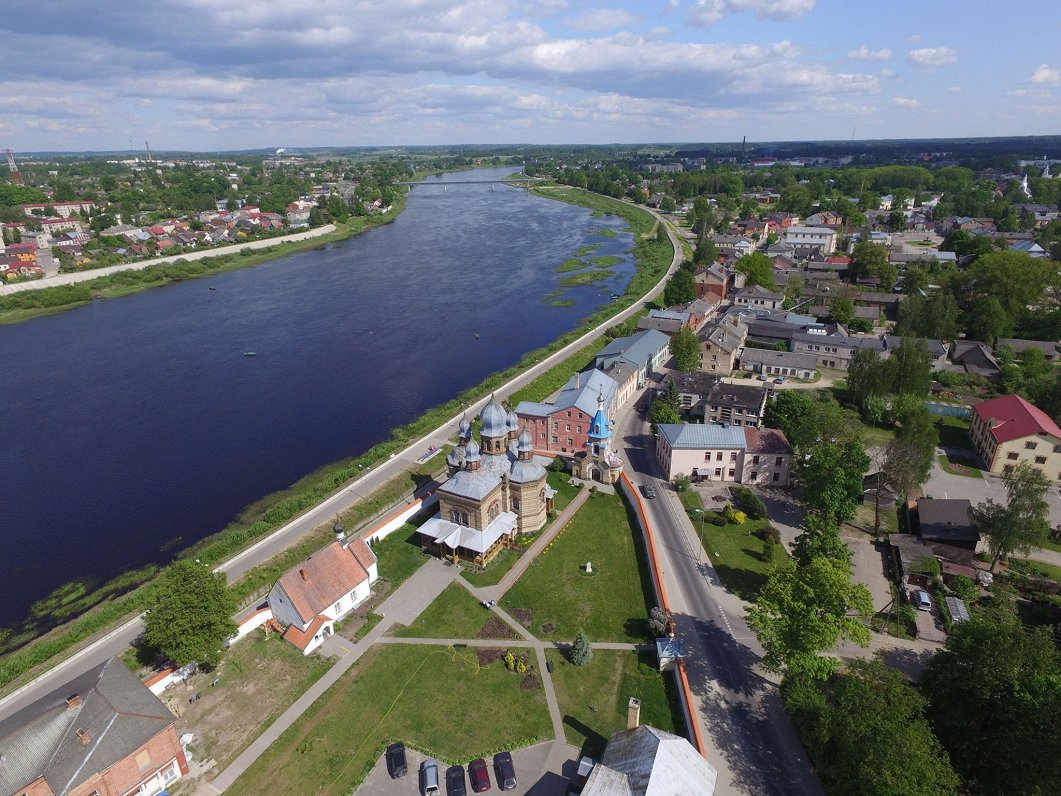
Ogre
In a nutshell: A pleasant, easily accessible commuter town that wants to boost its cultural infrastructure. And its expanded municipality has some serious drawcards.
Strengths: Ikšķile’s historic church and Lielvārde’s folk traditions are sites of European significance. They deserve more recognition, with or without the ECC.
Weaknesses: Ogre itself is a safe, clean place to raise a family, but it could liven up a bit. The new musical theater is a step in the right direction.
Chance of winning: 4/10
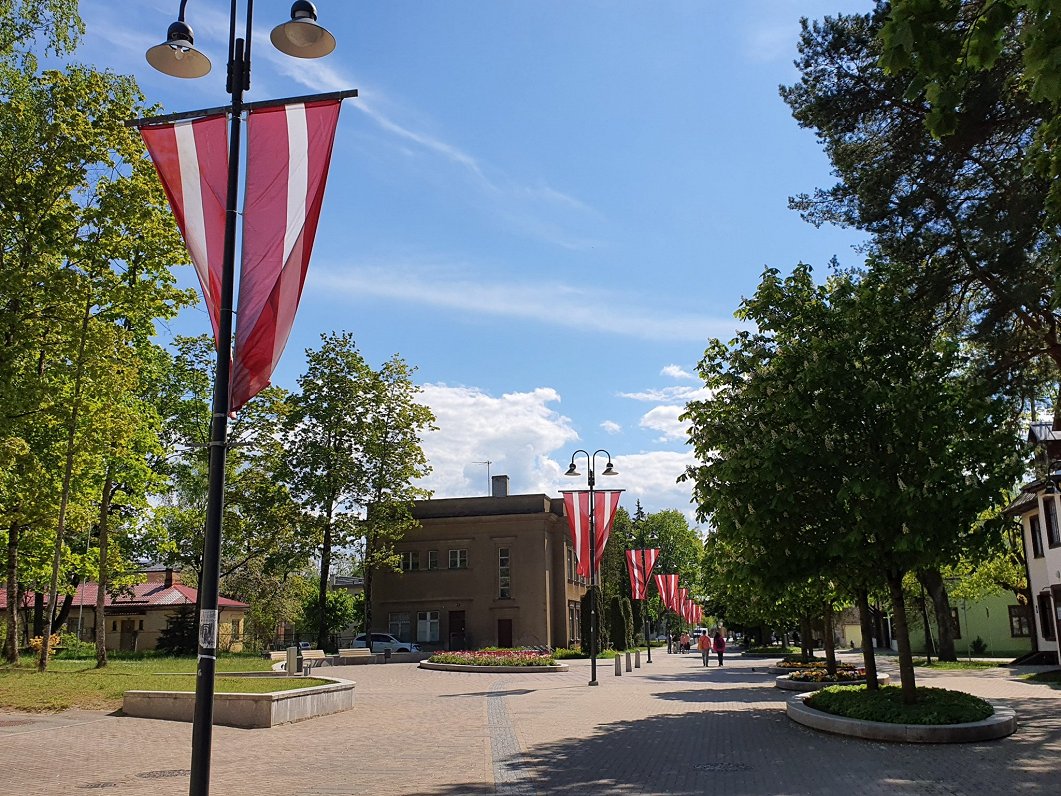
Valmiera
In a nutshell: A smallish industrial city with a knack for punching above its weight in many other fields wants to rebrand itself as a cultural hub.
Strengths: Especially in sports, Valmiera already has a remarkable track record. Linking bike trails with cultural events is excellent out-of-the-box thinking.
Weaknesses: Needs to show more ambition with the planned events. Get the cultural precinct in the old boiler house going, then fill it with talent from near and far. And put Dikļi Manor and Lake Burtnieks onto the circuit.
Chance of winning: 6/10
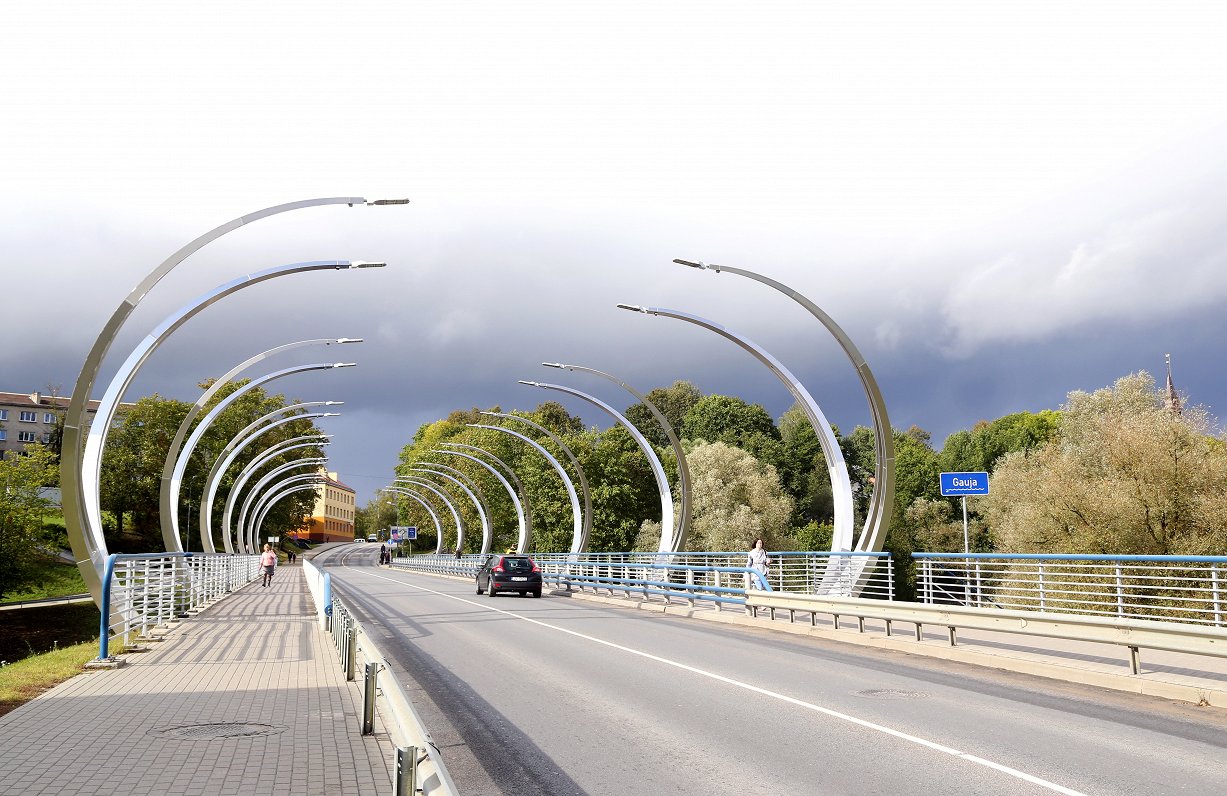
Jūrmala
In a nutshell: Refreshingly, the sometimes 'blingy' resort wants to improve the quality of life of its ordinary residents.
Strengths: The partnership with neighboring counties gives the bid 100 kilometres of coastline to play with, a magnificent stage for blending environmental and artistic dreams.
Weaknesses: Win or lose, Jūrmala should make itself a greener, friendlier, fairer place. One fears that if it gets the nod, access to major funds might revive some bad old habits.
Chance of winning: 6/10
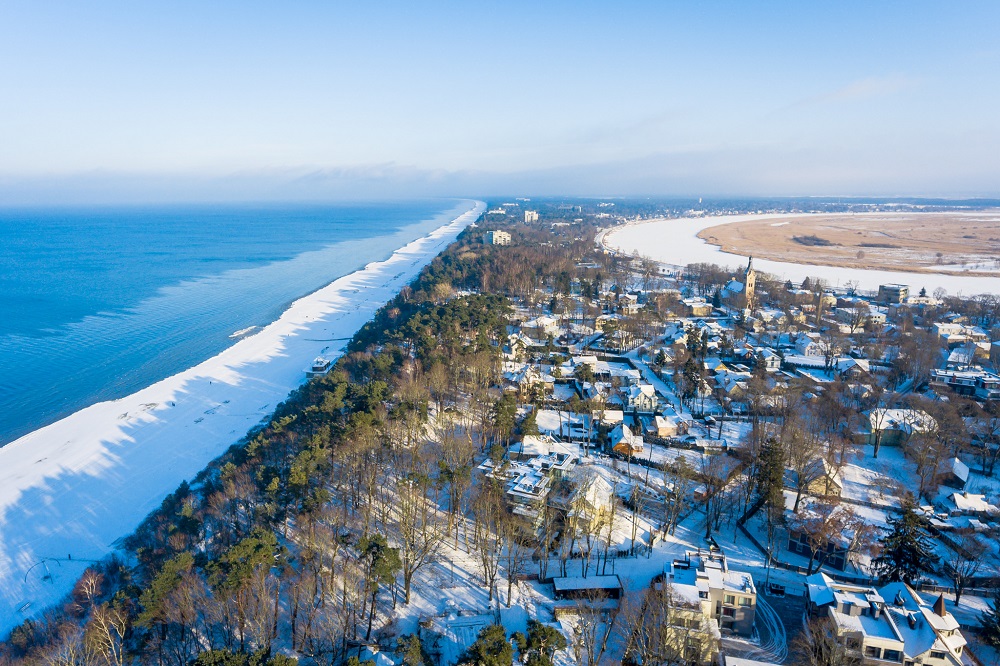
Liepāja
In a nutshell: A port with powerful cultural mojo wants to bring its community together and focus attention on the marine environment.
Strengths: From rock ‘n’ roll to Art Nouveau architecture, Liepāja expresses itself with panache. It has all the trimmings for an epic post-pandemic bash in 2027. The coastline is a gem, too.
Weaknesses: Addressing painful issues shows character, but there’s room for a bolder and more joyful vision, too.
Chance of winning: 7/10
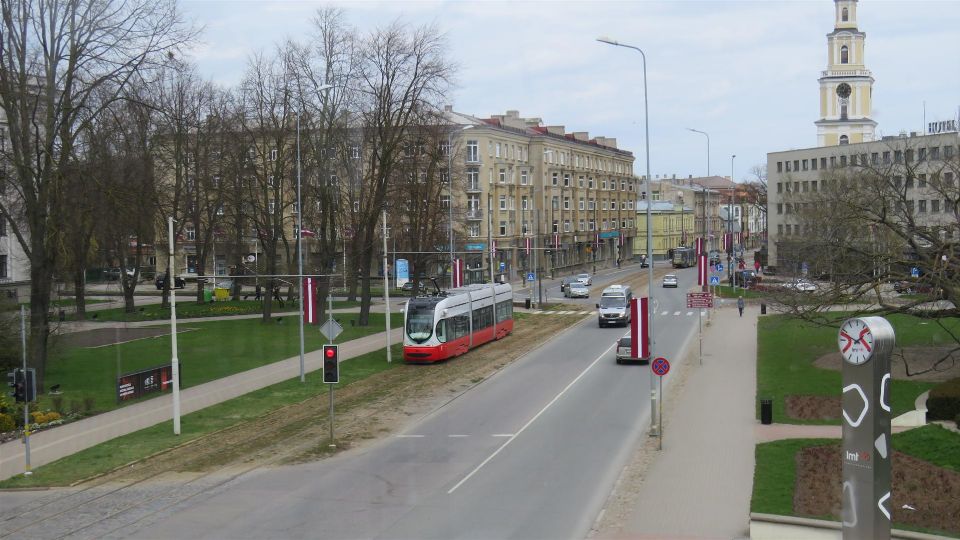
Kuldīga
In a nutshell: This beautifully preserved historic town, a UNESCO World Heritage candidate no less, will harmonise rich traditions with contemporary joie de vivre.
Strengths: Although Kuldīga was a bit reticent about its 2027 plans, its talented restorers, chefs and artists will undoubtedly put on a great show.
Weaknesses: Through its UNESCO bid, Kuldīga has already attracted a lot of support and attention. The ECC spotlight should perhaps be given to other deserving regions, it could be argued.
Chance of winning: 7/10

Jelgava
In a nutshell: A cultural pearl ravaged by war reinvents itself as a creative, innovative hive.
Strengths: This moving vision resonates across Europe, from Coventry to Dresden. Jelgava’s people are adept at making lemonade from lemons, and they deserve a bigger platform to showcase their abilities.
Weaknesses: Think big. In its heyday, Jelgava was a place where cultures and nations mingled. Bring in artists from around the world and make 2027 a real landmark.
Chance of winning: 7/10
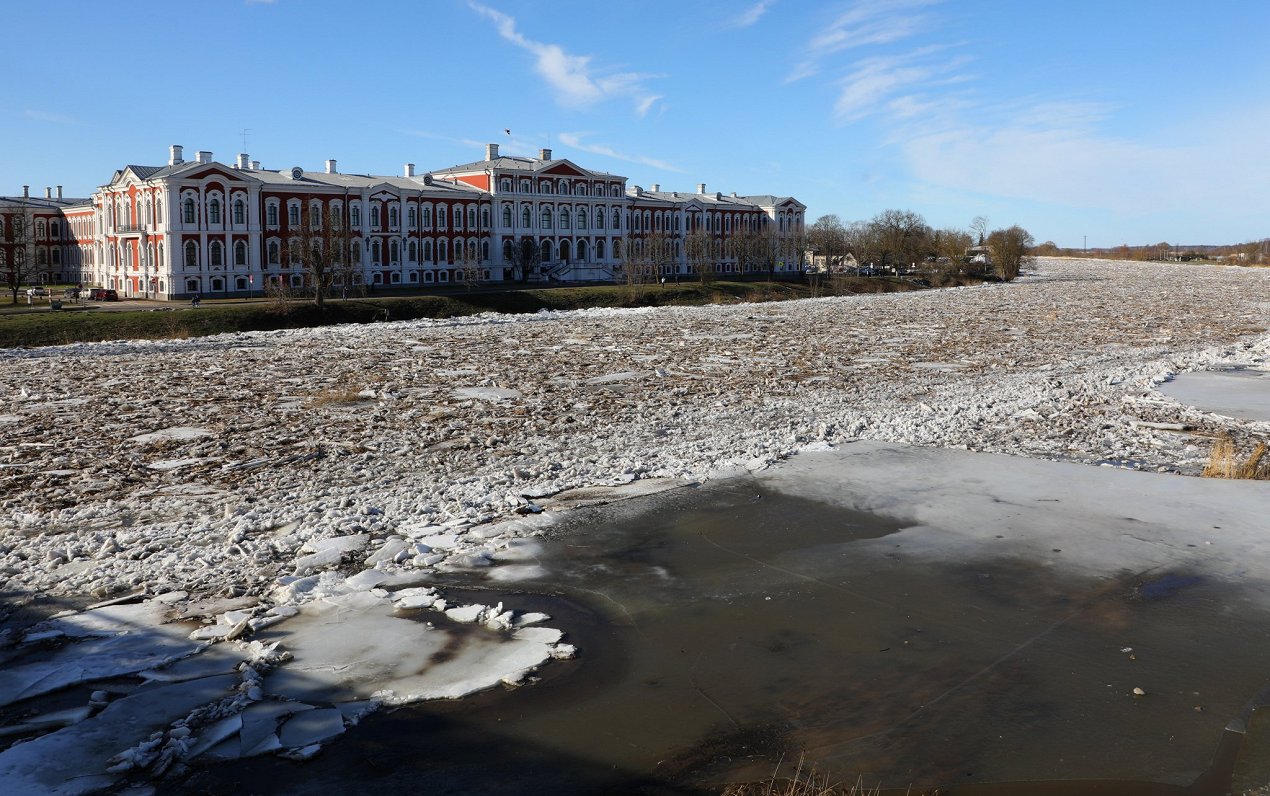
Cēsis
In a nutshell: This lovely old town with a green hinterland can heal the pain of post-Covid Europe.
Strengths: From al fresco opera to free speech festivals, Cēsis has strong cultural traditions and scope to expand them in intriguing ways. From the Līgatne nuclear bunker to the Gauja National Park, there are fascinating venues throughout the municipality. The low-carbon approach is commendable.
Weaknesses: Perhaps Cēsis County itself is too small a stage for all the potential energy here. A winning bid could expand to embrace even more of Vidzeme region.
Chance of winning: 8/10
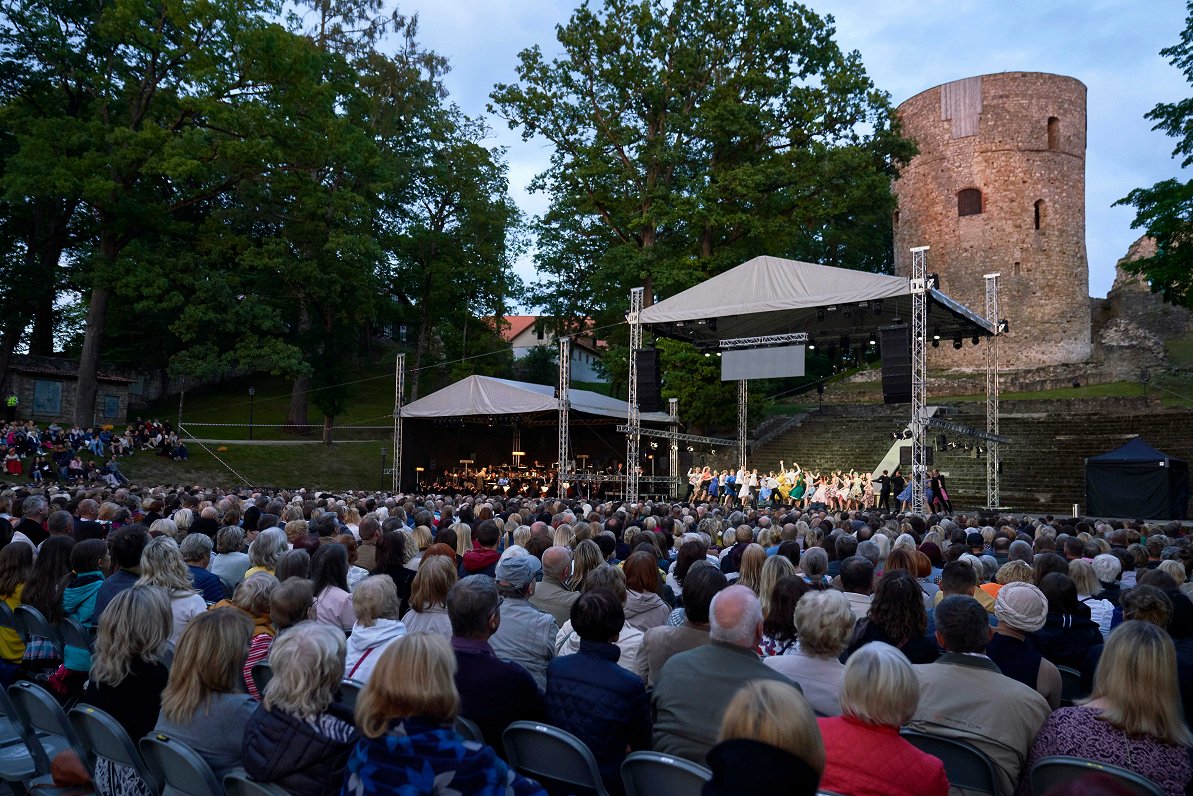
Daugavpils and Latgale
In a nutshell: With a Portuguese city slated to be the other 2027 capital, Latvia’s easternmost region proposes a dialogue between the two opposite ends of Europe.
Strengths: The east-meets-west concept is the most exciting on offer from any of the candidates. The region’s multiculturalism positively challenges Latvian stereotypes. Mixing Rothko-led sophistication with native spiritual, musical and moonshining traditions promises an alluring cocktail.
Weaknesses: From cafes to gift shops, Latgale needs more infrastructure to keep visitors happy. But handled sensibly, the ECC might be just the boost it needs for jobs and long-term development.
Chance of winning: 9/10
